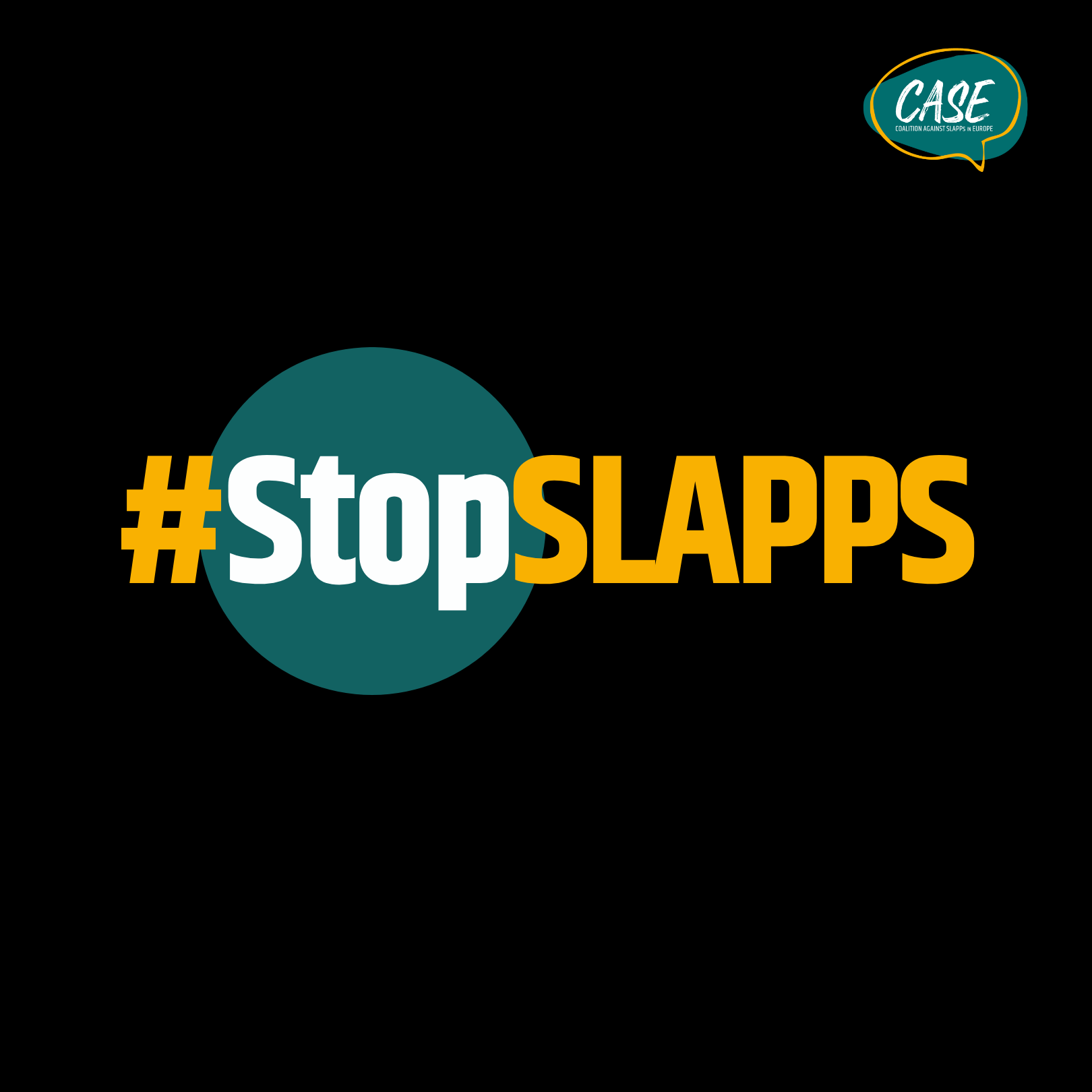
Companies and politicians are employing legal intimidation to suppress critical voices, with many cases going unreported, according to a report by the Coalition Against SLAPPs in Europe (CASE). The practice of using lawsuits to silence journalists, activists, and civil society organizations is on the rise in Europe, the new CASE report, published on Monday, reveals.
Between 2010 and 2023, 1,049 strategic lawsuits against public participation, known as SLAPPs, were filed in 41 European countries, including 166 cases filed in 2023 alone, the report states.
In Croatia alone, over 1,300 court rulings in cases containing at least one SLAPP indicator were issued between 2016 and 2023. This was shown in an analysis of more than 3,300 court decisions against journalists and media outlets conducted by the Croatian Journalists’ Association (CJA) and the Miko Tripalo Center. Meanwhile, the latest CJA survey on lawsuits against media outlets and journalists revealed that in 2023 alone, at least 752 lawsuits were active, with total damages claimed amounting to €4.1 million for alleged emotional distress.
The term SLAPP refers to cases initiated by powerful actors, such as corporations, public officials, and high-profile businesspeople, against private individuals or NGOs that expressed critical opinions on matters of public interest. Journalists remain the primary targets of such cases, followed by media outlets, editors, activists, and NGOs.
In 2023, nearly half of such lawsuits (42.5%) across all countries covered by the CASE research were filed by businesspeople, while politicians were responsible for over one-third (35.5%). Most lawsuits aimed to suppress voices exposing corruption and environmental destruction. SLAPPs are often accompanied by other forms of intimidation, including smear campaigns, threats, and physical attacks.
The 2024 report did not account for cases of state censorship or those initiated by public bodies but focused solely on cases filed by private entities, said Martina Urso, one of the report’s authors.
In April this year, the European Union adopted an Anti-SLAPP Directive and issued recommendations to combat the use of such lawsuits. However, this is not enough. One limitation of the Directive is that it only addresses cross-border cases, excluding domestic ones. The Council of Europe also issued a recommendation in April, establishing a stronger framework to deter SLAPPs, which includes domestic cases and provides a clear definition of SLAPPs. The Council of Europe’s recommendation is more “open” regarding the protection of SLAPP targets and delves into compensation for damages, while the EU Directive is more focused on penalties.
According to the authors of the CASE coalition study, EU member states should incorporate the Council of Europe’s recommendations into their national legislation and engage in dialogue with civil society organizations, which are often the primary targets of SLAPPs.
The report is available here.